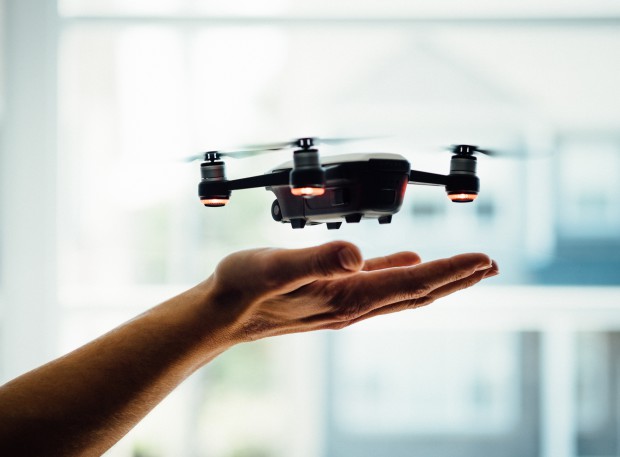Chaque vendredi, dans sa revue de presse, Maddyness vous propose une sélection d’articles qui ont retenu l’attention de la rédaction.
Cinq "Deep Tech" françaises qui pourraient changer votre vie
Visionner un film 4K en streaming, embarquer dans un avion, écouter de la musique, s'approvisionner en énergie, faire une recherche sur Internet... autant d'actions a priori banales que les 5 startups françaises présentées ici envisagent de transformer radicalement. Lire la suite sur La Tribune

Ashamed to work in Silicon Valley: how techies became the new bankers
When Danny Greg first moved to San Francisco to work at Github in 2012, he used to get high-fives in the street from strangers when he wore his company hoodie. These days, unless he’s at an investor event, he’s cautious about wearing branded clothing that might indicate he’s a techie. He’s worried about the message it sends. Greg is one of many people working in tech who are increasingly self-conscious about how the industry – represented by consumer-facing tech titans like Google, Facebook, Amazon, Apple, Twitter and Uber – is perceived: as underregulated, overly powerful companies filled with wealthy tech bros and “brilliant assholes” with little regard for the local communities they occupy. Silicon Valley has taken over from Wall Street as the political bogeyman of choice, turning tech workers – like it or not – into public ambassadors for the 1%. Lire la suite dans The Guardian

Faut-il craindre les drones harceleurs ?
« Ah ! C’est fait pour filmer sa voisine, ça ! » Combien de fois l’a-t-on entendue cette boutade, en déballant son drone. Facile… un quadricoptère, cela fait du bruit (trop, sans doute) et puis, cela se voit. Guère discret et donc inoffensif, ou presque ? Finalement, ce n’est peut-être pas si sûr. Selon Arthur Holland Michel, codirecteur du très sérieux Center for the Study of Drones du Bard College, dans l’Etat de New York, « les cas de harcèlement réalisé avec l’aide d’un drone commencent à devenir courants, et l’on peut s’attendre à ce qu’ils s’amplifient dans les prochaines années ». « Comme on pouvait hélas s’y attendre, il semble que cette technologie puisse devenir populaire parmi les harceleurs », déplore-t-il dans Vice. Lire la suite dans Le Monde

Bitcoin Expansion Is Off the Table. At Least for Now.
A long-running civil war over the design of Bitcoin appears to be over for now, after one side in the fight acknowledged on Wednesday that it had not won sufficient support from other virtual currency backers. The camp that conceded had been hoping to double the number of transactions that could be run through the network that supports Bitcoin, in order to keep transactions cheap and fast. This expansion was vociferously opposed by many of the programmers working on the Bitcoin project, who worried that expanding the network quickly would make it easier for a company or government to exert influence over the decentralized system. Lire la suite dans The New York Times

La Nasa fait appel à Uber pour développer un futur service de taxis volants
Les obstacles à surmonter pour espérer démocratiser un jour les voitures volantes sont nombreux. Néanmoins, toutes les entreprises de la tech ne sont pas douchées par cette prédiction : certaines développent dès à présent le projet de faire voler nos futures voitures. Uber, qui a déjà de grands projets en matière de voiture autonome, vient ainsi de conclure un accord avec la Nasa. Ce projet, baptisé UberAir, implique le développement d’un logiciel destiné à gérer les itinéraires de futurs taxis volants dans les airs. Pour le concevoir, la startup s’inspirerait des services de VTC qu’elle propose déjà — sur la terre ferme, pour l’instant. Lire la suite sur Numerama

Are flying cars the future of transportation or an inflated expectation?
It seems like flying-car startups are finally taking over the “140-character” kinds of tech companies we are used to. With EU-based startup Lilium working on an all-electric autonomous flying taxi, garnering a $90 million Series B led by Tencent and supported by a number of well-known VCs (including Atomico), it’s clear that flying cars are transitioning from a fascinating concept to a quite-mature technology and promising investment thesis. But will we see flying cars out in the world? And how will the market environment evolve? Lire la suite sur TechCrunch






